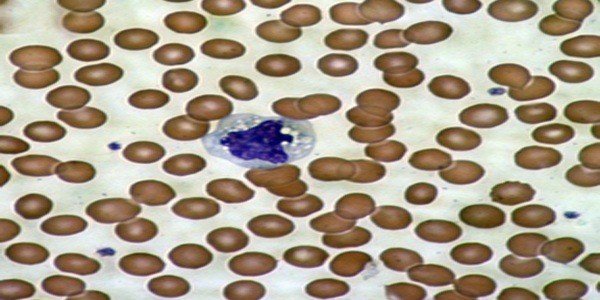Huntington’s disease

Huntington’s disease is a hereditary disease characterized by progressive degeneration of nerve cells in the brain.
The disease strongly affects a person’s functional abilities and usually causes motor, mental and psychiatric disorders.
Most of those affected present with the disease in their fourth or fifth decade of life, but it can occur both earlier and later.
When the clinical picture of the condition appears before the age of 20, then it is referred to as juvenile.
When the disease occurs earlier, its course is often different and characterized by rapid progression.
What are the symptoms?
Movement disorders
• Involuntary and sudden movements /chorea/;
• Muscle problems such as stiffness or muscle contracture /dystonia/;
• Slow or unusual eye movements;
• Impaired gait, posture and balance;
• Difficulties in the physiological reproduction of speech or problems with swallowing;
Impairments in voluntary activities are usually more serious than involuntary ones. It can seriously affect the affected person’s daily activities and communication.
Cognitive disorders that are often associated with the disease are:
• Difficulty organizing, prioritizing and focusing on tasks;
• Lack of flexibility or frequent states of “stuck” on a certain thought, behavior or action /perseveration/;
• Failure to control impulses, which may become the cause of frequent outbursts, performing an action without meaning and indiscriminate sexual contacts;
• Unawareness of one’s own behavior and abilities;
• Slow reproduction of thoughts, for example speaking speech is interrupted by long intervals in search of the appropriate word, which for healthy people is elementary and does not require prolonged thinking;
• Difficulties in learning new information;
Mental disorders
The most typical mental disorder for the disease is depression, but this is not just a reaction to the diagnosis.
The depressive state resembles what happens with a brain injury and the subsequent changes in brain function.
Characteristic appearances are:
• Feeling irritable, sad, or apathetic;
• Withdrawal from social activities;
• Insomnia;
• Fatigue and loss of energy;
• Affected individuals often experience thoughts of death, its occurrence or suicide;
Other common psychiatric disorders:
• Obsessive-compulsive disorder – a condition marked by repetitive intrusive thoughts and an insistent need to perform certain rituals;
• Mania – characterized by elevated mood, hyperactivity, impulsive behavior and inflated self-esteem;
• Bipolar disorder or alternating episodes of excessive elation and mania;
In addition to the above symptoms, weight loss is a characteristic sign of the disease, especially with advancing age
Symptoms of the juvenile form of the clinical condition
• Partial memory loss in relation to acquired academic knowledge and physical skills, for example to perform certain exercises;
• Significant deterioration in school performance that occurs in a short period of time;
• Uncharacteristic behavioral manifestations;
• Muscle stiffness and contracture that affects gait especially in young children;
• Changes in fine motor skills that may manifest in handwriting;
• Tremors or mild involuntary movements;
• Seizures, and in younger children, convulsions;
Treatment of Huntington’s disease
The disease is incurable, only to some extent it is possible to limit the manifestation of its clinical picture, but the progression is not stopped.
It represents a serious challenge for the patient’s family, since as it progresses, it becomes more and more dependent on its relatives.
Those affected often find it difficult to maintain a healthy body weight, it is necessary to increase the frequency of meals more than 3 times a day.
And the possible causes are increased caloric needs due to metabolic disorders unknown to science and the weakening of muscles, which imposes greater physical loads even with apparently very light movements.



